The RAC has seen record numbers of mice, rats and foxes causing serious damage to vehicles during the past year.
Having reviewed thousands of patrol breakdown reports dating back to 2016, it found that breakdowns caused by rodents have risen by 55% from 196 incidents in the first 11 months of 2018 to a record 303 over the same period in 2023.
The problem worsens significantly as the seasons change, averaging a 66% increase from summer to autumn over the past five years.
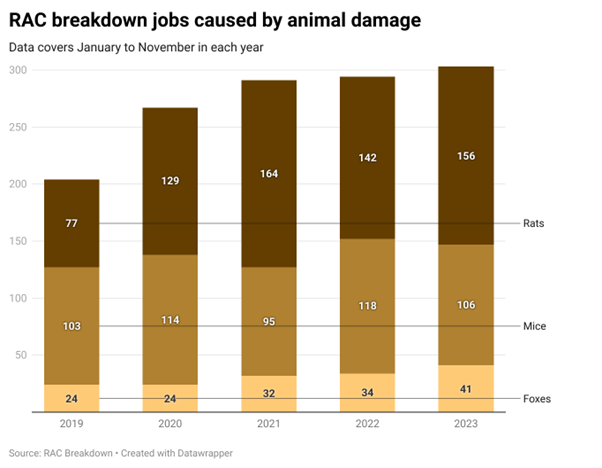
This year, patrol reports show rats had the biggest appetite for automobile parts and caused half (51%) of all animal damage incidents by gnawing fuel hoses, infesting engine bays and damaging headlights.
Patrols also reported numerous cases of foxes chewing speed sensor wiring, windscreen wiper blades and brake hoses underneath cars.
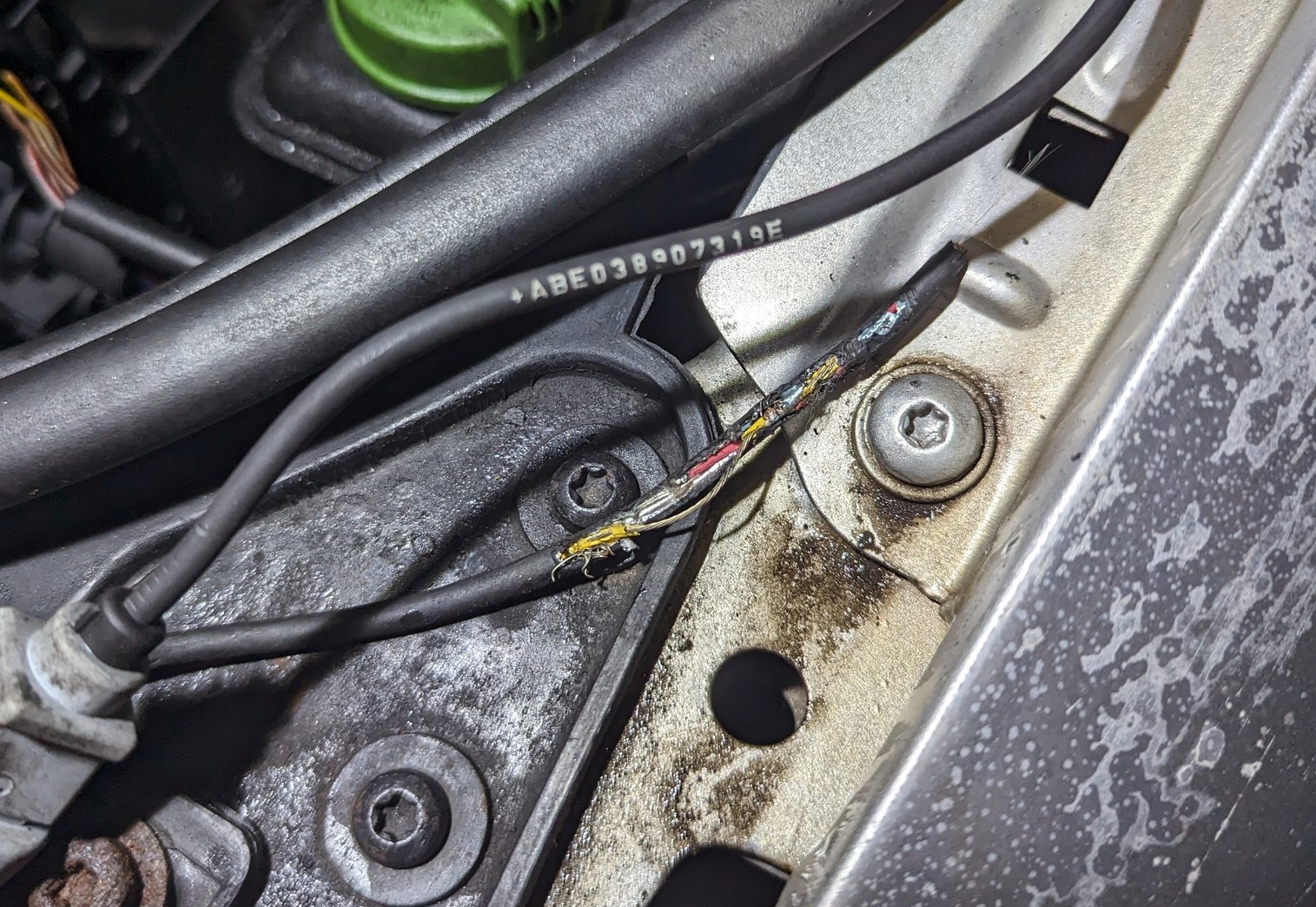
Food left inside or in the vicinity of an unattended vehicle is a sure-fire way to attract unwanted visitors, says the RAC.
Open bags of pet feed stored in garages can lure mice and rats into a vehicle’s piping where they’re drawn to their very own ‘biting point’ – peanut and soy-based oils and waxes used on parts including diesel injector wires, gearbox insulation and primer bulbs.
RAC patrol Nick Isaac, who works around the South West of England, once found a squirrel using an air filter as its pantry. He said: “The car had lost power and had an odd smell.
"When I lifted the bonnet and revved the engine the air filter moved like it was being sucked towards the engine. It turned out a squirrel had been taking nuts from a bird feeder and storing them in the air box, restricting air flow to the car.”
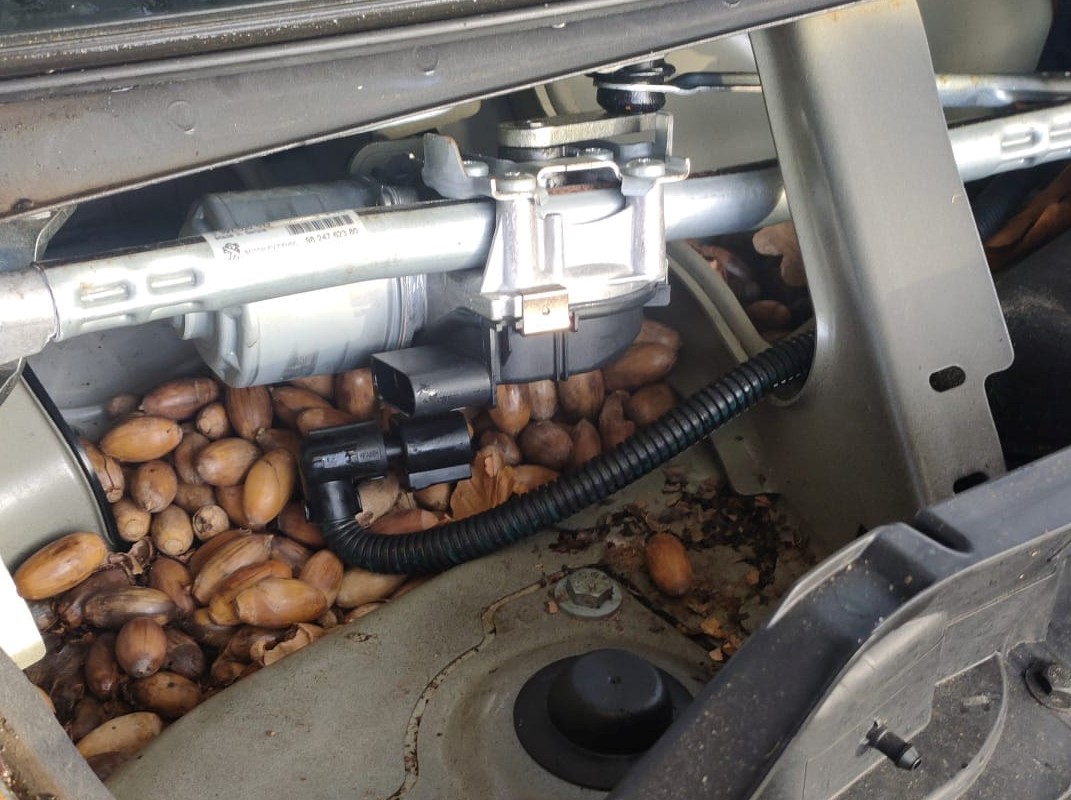
Another patrol attended a Porsche where 10 mice had made a nest under the scuttle panel at the bottom of the windscreen.
RAC Breakdown spokesperson Alice Simpson said: “Unfortunately, incidents like this are more common than drivers might expect, particularly over the winter months when animals look to take shelter from the cold conditions.
“To reduce the risk of animal damage, check your car if it hasn’t been driven for a week or more. The best advice is to make sure no food – for pets or humans – is left inside.
“Also check for unusual smells in the vehicle and be mindful of any dashboard warning lights that don’t disappear after a minute or two. Any foodstuff in garages should be kept in airtight containers or locked in metal bins.”

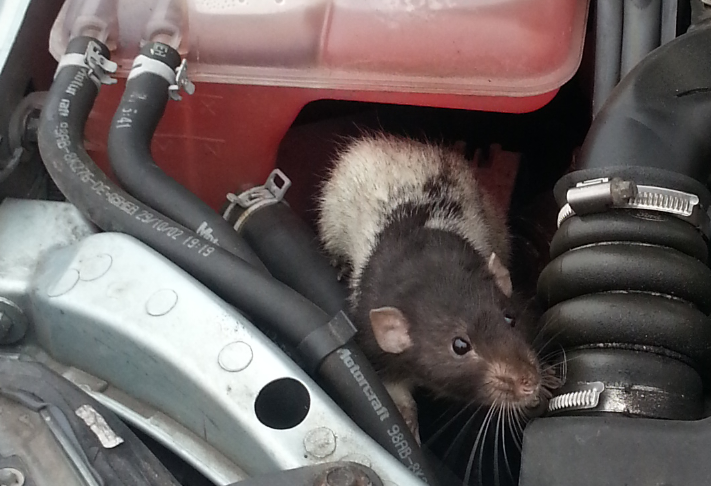








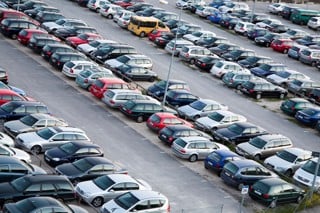












Login to comment
Comments
No comments have been made yet.